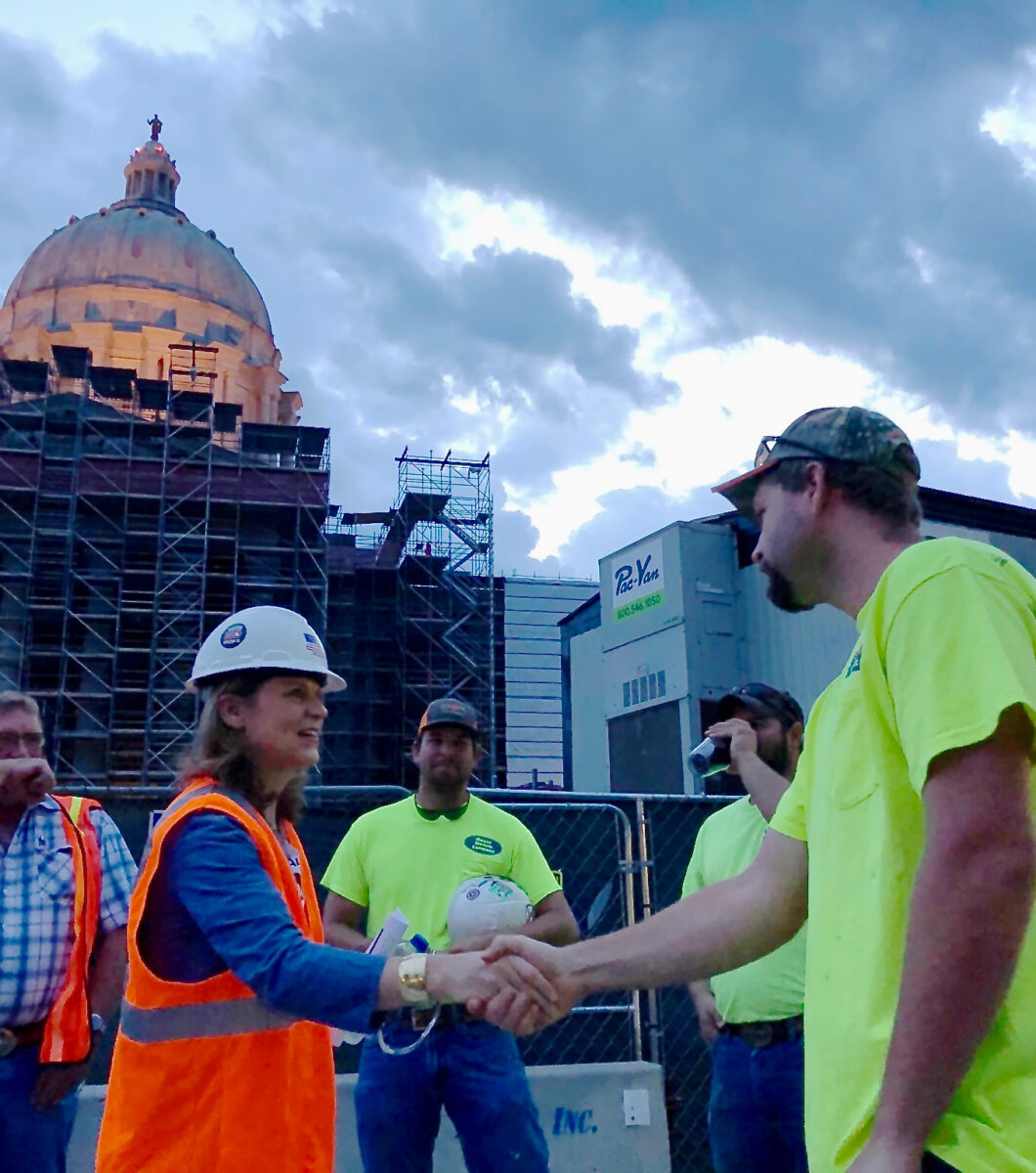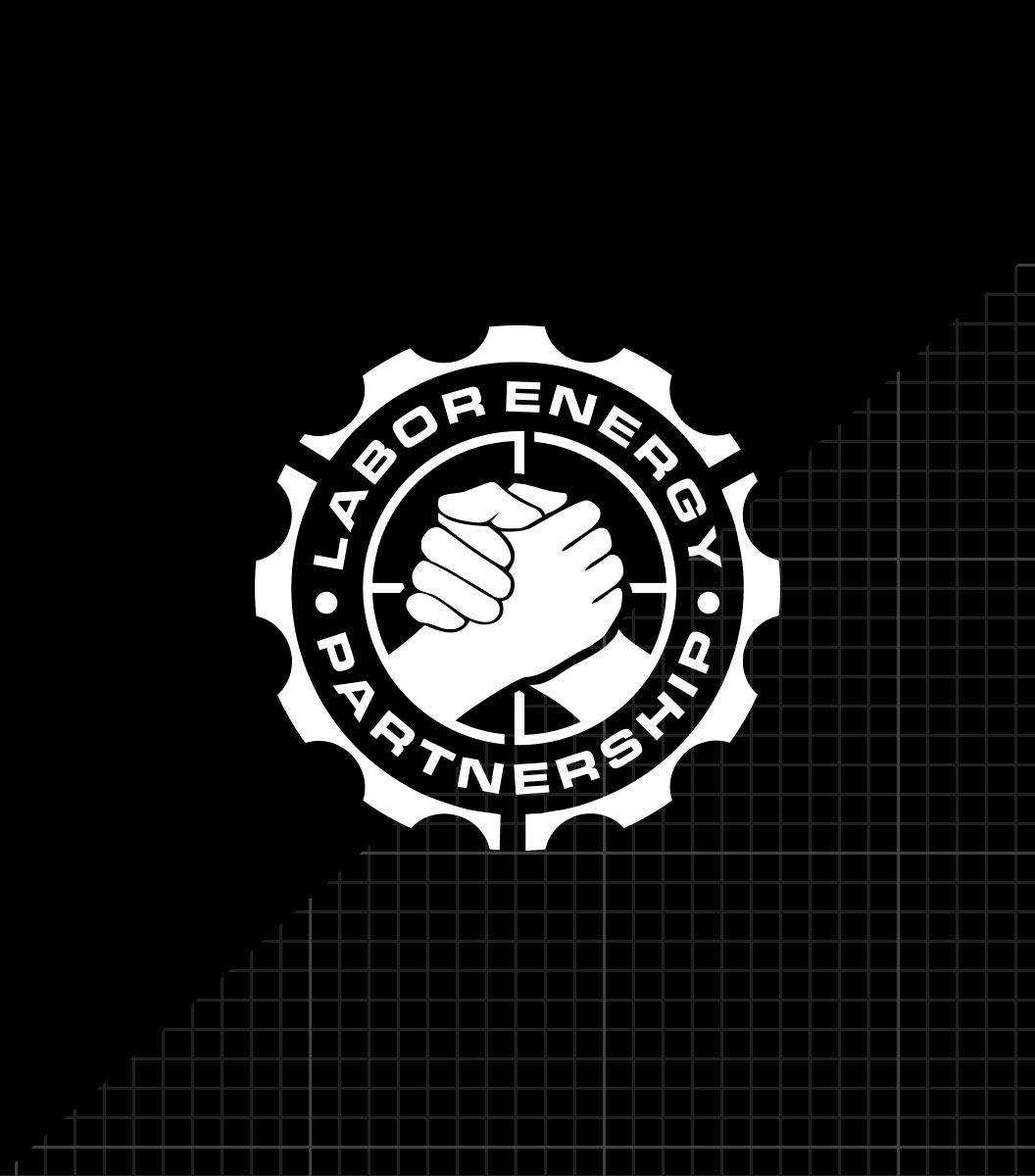SPEECH | SEPTEMBER 2, 2021
Originally posted on the AFL-CIO site.
AFL-CIO President Liz Shuler’s remarks as prepared for The Third Vatican Dialogue on Combating Climate Change: Just Transition in Our Common Home.
Hello everyone, I’m Liz Shuler, President of the AFL-CIO, representing 56 unions and over 12 million workers and their families in the United States. I am deeply honored to be with all of you at the third Vatican Dialogue on combating climate change. Thank you Cardinal Turkson and the Dicastery, President Jenkins and Dr. Woo of Notre Dame for all you’ve done to make today possible.
In response to Pope Francis’ call to “care for our common home,” I want to emphasize one simple, critical point. Scientists tell us we have to take immediate, drastic action to answer climate change. There is only one way to create durable social and political support for that action. It’s through solidarity. Because the only politically viable transition to a low-carbon global economy is a just transition, and the only way to have a just transition is through solidarity.
What do I mean by solidarity?
First, solidarity means that all workers must have an effective voice in our workplaces and in the political processes where change happens. This requires democratic workers’ organizations. Those organizations belong at the tables where climate policy is made.
In fact, it is only because workers were at those tables that the Paris Agreement itself calls for a just transition and the creation of decent work and the International Labor Organization Just Transition Guidelines make clear the need for social dialogue.
Policymakers need to learn from Catholic social teaching on the role of trade unions and apply it to the challenge of fighting climate change for a just transition. Because justice exists in this transition only where workers make it exist through our labor movement—country by country and sector by sector.
Second, solidarity means that both the costs and wealth that change will create are shared fairly. The transition to a low-carbon global economy cannot be an excuse to replace good jobs with precarious work and economic security with poverty.
And finally, solidarity must be global—embedded in the rules that govern the global trading system. Motivating the multilateral organizations at the center of global climate policy—the UN, the IMF, OECD, and the G20. We have an opportunity—a duty—to heal deep wounds of racism and sexism, the legacies of colonialism and exclusion as we address climate change. As a global community, let’s seize this moment.
Industry by industry, nation by nation, working people, through our unions, transformed low-wage, dangerous work in the carbon economy to high wage, safer work—and we must do it again in the clean energy economy.
AFL-CIO President Liz Shuler
As a global community, we should draw upon the experiences of working people. Our values should inform our policy making. And solidarity is at the heart of our lived experience.
As we are meeting right now, the working people I’m honored to represent are living with and responding to the changing climate—fighting forest fires in California, restoring electric power in Louisiana after Hurricane Ida, cleaning up flood-devastated communities in Tennessee.
Worldwide, wherever you see the destructive effects of climate change—in flooded subways of China’s cities, devastated Rhineland valleys or smoldering Turkish orchards—you also see working people putting their lives and health at risk to help others.
Working people know from our collective experience that solidarity can drive change. In the early days of the carbon-fuel economy, energy jobs were dangerous and poorly paid. Industry by industry, nation by nation, working people, through our unions, transformed low-wage, dangerous work in the carbon economy to high wage, safer work—and we must do it again in the clean energy economy.
But it can only happen if we build it together—all of us—governments, employers, communities and people of faith working together with working people to fill our workplaces with dignity and hope.
Because solidarity is about community. It requires “place-based strategies,” creating jobs and opportunities within communities affected by the energy transition and environmental damage before existing jobs are lost.
A coal miner recently told me, “no one wants to see the planet get ruined, and if I have to pivot into a new industry, then I will, but it can’t just be all on me.” Solidarity means standing as a global community with coal miners and precarious workers in the green economy—it means we help each other.
Recently, Pope Francis said his message on climate change was both a social message and an environmental message. So I would like to close by returning to his words: “where injustices abound and growing numbers of people are deprived of basic human rights and considered expendable, the principle of the common good immediately becomes, logically and inevitably, a summons to solidarity and preferential option for the poorest of our brothers and sisters.”
My friends, acting on Pope Francis’ call to solidarity is not only the best path, it is the only path toward safeguarding our common home. Thank you.


